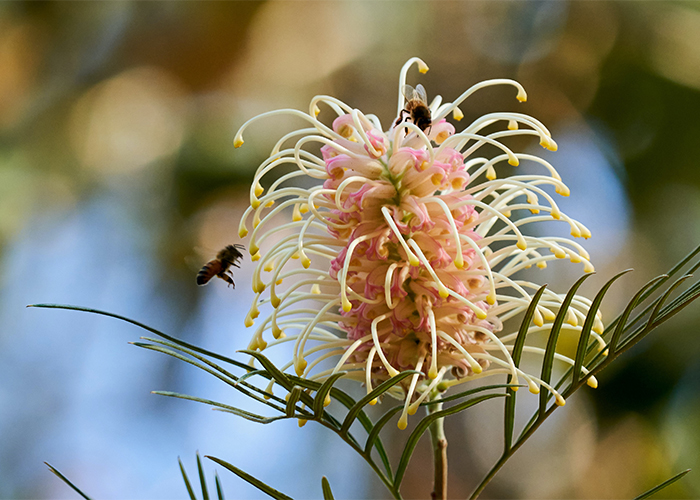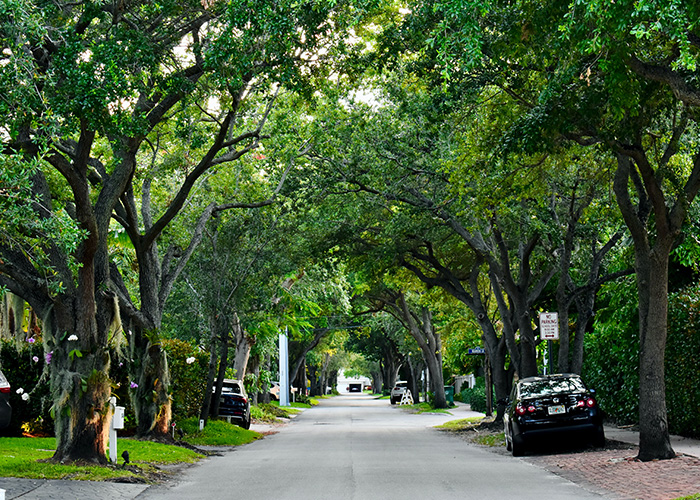Plant diversity in urban green spaces led to sevenfold increase in insect species New research suggests that the introduction of even small green urban spaces can dramatically improve local biodiversity. A study lead by Dr Luis Mata of the University of Melbourne and Cesar Australia examined the ecological outcomes of planting 12 indigenous plant species on a small 195 square metre plot in Melbourne, adjacent to a major road. The research, Mata told The Guardian, “Was conducted in a very densely urbanised area, completely surrounded by streets and relatively tall buildings, and with limited access to surrounding green space.” The researchers identified the presence of 94 insect species, with 91 indigenous to the Australian state of Victoria. They estimated that by the final year of the study there were about …
streetchat

University of Melbourne
New research: planting trees in cities could save lives New research from the Barcelona Institute for Global Health suggests planting more trees could lead to fewer deaths from increasingly high summer temperatures in cities. The researchers say increasing urban tree coverage to 30% could reduce temperatures by approximately 0.4%, which could reduce heat-related deaths by 39.5% according to the study’s modelling. Lead author, Tamara Iungman, says, “We already know that high temperatures in urban environments are associated with negative health outcomes, such as cardiorespiratory failure, hospital admission, and premature death.” Her team wants to influence policymakers to make cities greener, “more sustainable, resilient and healthy.” Co-author Mark Nieuwenhuijsen says, “Planting more trees in cities should be prioritised because it brings a huge range of health benefits beyond reducing heat-related deaths, …



